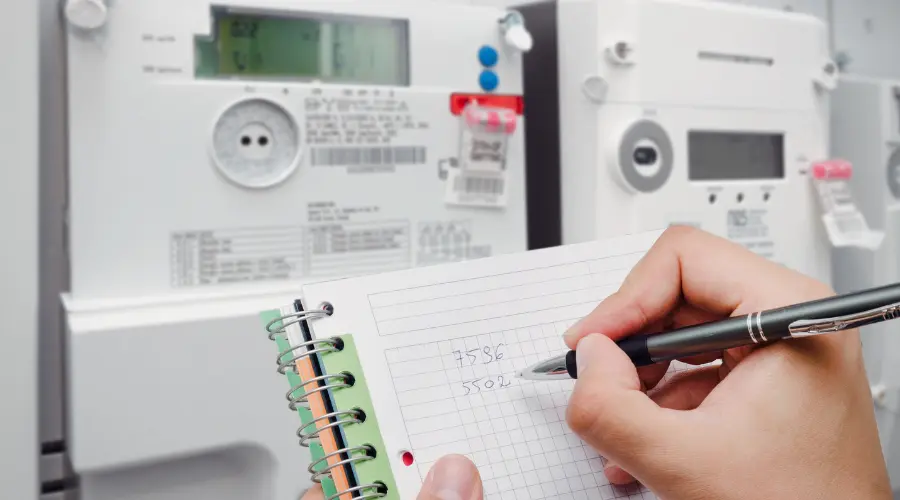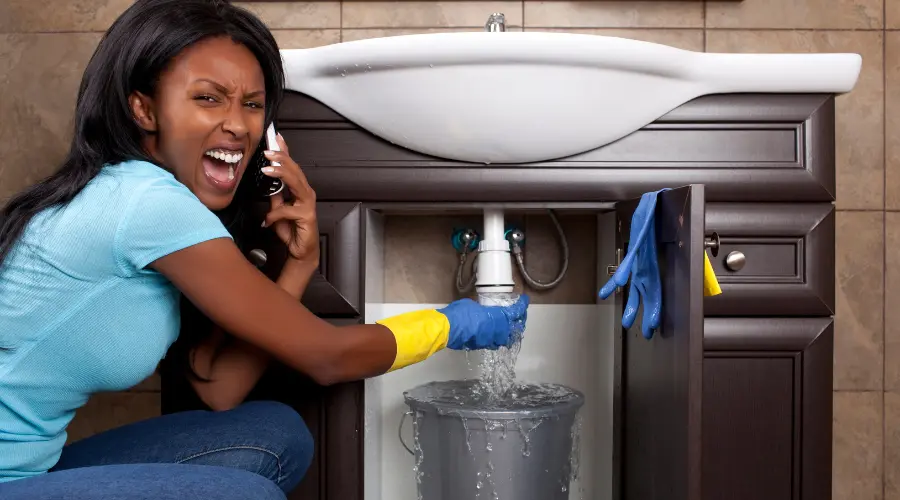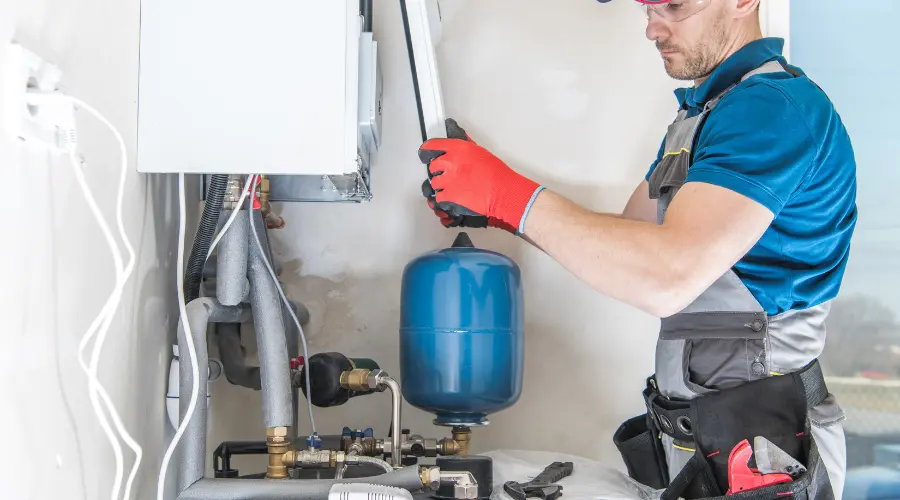Radiators remain a cornerstone of home heating, offering reliable warmth and comfort. They can operate efficiently for decades with proper seasonal care, providing a cozy indoor atmosphere even during the harshest winters.
Key Takeaways
- Efficient Operation: Regular maintenance, including bleeding air and monitoring boiler pressure, ensures your radiator system functions optimally.
- Healthier Heating: Radiant heat avoids the dryness and airborne particulates associated with forced air systems.
- Safety First: Always work on an incredible system and consider professional help for complex tasks like boiler combustion chamber cleaning.
- Longevity: With basic upkeep, radiators can deliver consistent performance for many years.
Understanding How Radiators Work
Radiators operate through a closed system where a boiler heats water to temperatures exceeding 87°C. This hot water is circulated through pipes to radiators placed strategically in your home. The radiators then emit heat, warming the surrounding air. Once the water cools, it returns to the boiler for reheating, creating an efficient, recyclable heating process.
Why Choose Radiators?
- Healthier Air: Unlike forced air systems, radiators don’t Expel the air or move dust about, providing better indoor air quality.
- Durable Construction: Older radiators, often made of cast iron, retain heat longer. Modern steel models are lighter yet effective, balancing efficiency and cost.
- Consistency: Radiators deliver steady, uniform heating, eliminating cold spots familiar to other systems.
Seasonal Radiator Maintenance Checklist
Radiators require minimal but essential seasonal maintenance to function at peak efficiency. Here’s a step-by-step guide to keeping your system in top shape:
1. Bleed the Radiators
Air trapped in the system can reduce efficiency, leading to uneven heating. Bleeding removes this trapped air:
- Turn Off the System: Let the water cool completely.
- Locate the Valve: Each radiator has a small valve at the top.
- Use a Bleed Key: Turn the valve counterclockwise. You’ll hear a hissing sound as air escapes.
- Catch Drips: Place a bowl under the valve to collect any water that follows the air. Close the valve once water flows steadily.
2. Check Boiler Pressure
Proper boiler pressure is crucial for system efficiency:
- Inspect Gauges: Open the boiler’s service panel to view the pressure gauge.
- Optimal Pressure: Cold boilers should read around 1.3 bar, and hot boilers should range between 1.5 and 1.8 bar.
- Add Water: If pressure is low, open the cold-water supply valve until the gauge reaches the desired level. Close the valve promptly to avoid overfilling.
- Relieve Excess Pressure: If the pressure is too high, use the release valve to lower it. Always place a bucket to catch any discharged water.
3. Clean the Combustion Chamber
The combustion chamber is where the boiler heats water. Over time, residue can accumulate, reducing efficiency and increasing fire risks:
- Professional Maintenance: Due to the complexity and safety risks, hire a certified technician to clean the combustion chamber every few years.
4. Inspect and Clean Radiators
Dust and debris on radiators can reduce heat output:
- Vacuum Regularly: With a gentle brush attachment, clean between radiator fins.
- Deep Cleaning: Periodically remove and flush radiators to eliminate internal buildup. A professional best does this.
5. Monitor System Performance
- Uneven Heating: Identify cold spots or noises like banging or gurgling. These may indicate trapped air or internal blockages.
- Leaking Pipes or Radiators: Inspect for leaks and seal minor ones with radiator sealant. For significant issues, consult a professional.
Safety Tips for Radiator Maintenance
- Always allow the system to cool before performing maintenance.
- Use appropriate tools, such as a radiator bleed key.
- Wear protective gloves and keep a towel handy to manage spills.
- Consult a professional for tasks involving the boiler or complex repairs.
Benefits of Radiator Heating Systems
- Energy Efficiency: Radiators recycle water in a closed loop, minimizing waste.
- Cost-Effective: Low maintenance needs and longevity make radiators a budget-friendly option.
- Enhanced Comfort: Radiant heat is gentle and consistent, avoiding the harshness of forced air systems.
- Durability: With proper care, radiators can last for decades.
FAQs About Radiator Maintenance
Q: How often should I bleed my radiators?
A: Bleed your radiators at least once a year, preferably before the heating season begins. Additional bleeding may be necessary if you notice cold spots or hear gurgling sounds.
Q: Can I add water to my boiler myself?
A: You can add water by opening the cold-water supply valve, but monitor the pressure gauge closely to avoid overfilling.
Q: What should I do if my radiator is leaking?
A: Minor leaks can be sealed with radiator sealant. For significant leaks, turn off the system and contact a professional.
Q: How can I improve the efficiency of my radiator system?
A: Regular maintenance, such as bleeding radiators and monitoring boiler pressure, is key. Additionally, insulating pipes and using thermostatic radiator valves can enhance efficiency.
Q: When should I replace my radiator?
A: If your radiator shows signs of corrosion, leaks frequently, or struggles to heat efficiently despite maintenance, consider replacing it.
Q: Is it safe to work on my radiator system?
A: Yes, as long as you follow safety precautions, such as allowing the system to cool and using the right tools. For complex tasks, always consult a professional.
Q: How can I tell if my boiler’s combustion chamber needs cleaning?
A: Reduced heating efficiency or unusual noises may indicate buildup. Schedule professional cleaning every 2-3 years as part of regular maintenance.
Q: Can I paint my radiators?
A: Yes, use heat-resistant paint designed explicitly for radiators. Ensure the radiator is clean and cool before painting.
Conclusion
Seasonal radiator maintenance is straightforward yet essential for maintaining a warm, efficient, and safe home. By bleeding radiators, checking boiler pressure, and ensuring professional inspections, you can extend the life of your heating system while enjoying maximum comfort. For high-quality designer radiators and expert assistance, visit West New York Plumbing and Heating today.




